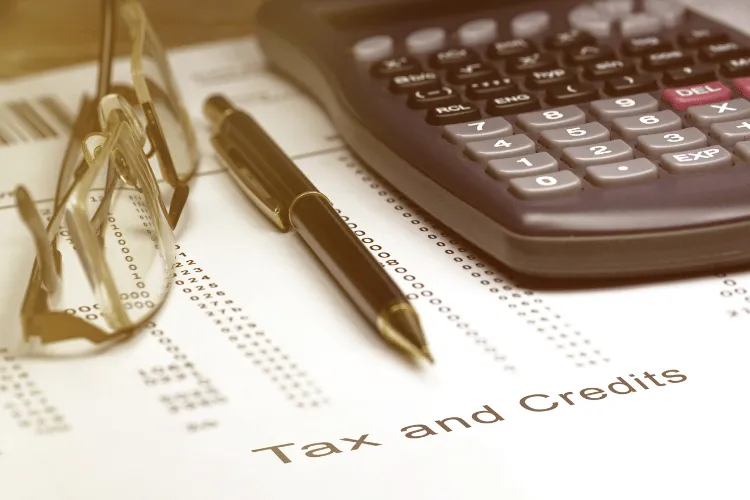Tax Prep 2023 – Everything you Must Know
Filing taxes alone for the first time is a big deal. It can feel overwhelming at first, but you can get it done with a few simple steps. The key is to be as prepared as possible.
Here’s what you must know.
Gather your Documents
The key to filing your taxes is to have all the necessary paperwork upfront. Now's a great time if you haven’t already created a tax folder. Here’s what yours should include:
· W-2s from all jobs you worked
· 1099s from any side jobs or independent contractor positions
· Tax forms from any other income, such as investment or interest income
· Proof of payments for any potential tax deductions, such as real estate taxes, mortgage insurance, or charity contributions
Think of any income you’ve received, including non-traditional income, like rental income, gambling winnings, or unemployment income. You must include every dollar you’ve made in your taxes. But you can also write off as many deductions as you’re eligible for if you have adequate proof, such as receipts or canceled checks.
Where to File your Taxes
Once you have your documentation, the question becomes, where do you file your taxes?
You can do them yourself with the help of tax software, such as TurboTax, or explore the free options the IRS provides.
You also have the option to hire a professional. Of course, this option costs more, so only use this option if your taxes are too complex to handle. Online tax software programs like H&R Block and Turbo Tax offers a lot of guidance and the option to talk to a tax professional if necessary, for less than the cost of a professional handling your taxes.

When to File your Taxes
The tax deadline for 2023 (filing 2022 taxes) is April 18, 2023. This means you must have your taxes complete and sent to the IRS with the April 18, 2023 postmark, or submitted online by 11:59 PM on April 18.
Of course, you can file your taxes sooner, and if they are done, it’s a great weight off your shoulders. However, if you owe money and file sooner, make sure your payment is in no later than April 18 to avoid penalties and interest charges.
Filing an Extension
If you can’t file your taxes by April 18, 2023, you can file for an extension. However, you must file for the extension by April 18, 2023.
Filing for an extension is free, giving you an additional six months before your taxes are due. However, if you owe or think you’ll owe money on your taxes, pay that amount by April 18, 2023, as there isn’t an extension on the payment due.
How to Pay your Taxes
Filing your taxes isn’t the only thing you have to do. Next, you must pay them unless, of course, you’re receiving a refund. If you’ve overpaid and are due a refund, you can set it up via direct deposit or receive a paper check.
A direct deposit will come much faster, but a paper check is suitable if you prefer not to bank online.
If you owe money, you should consider paying with your bank account, but a credit card is an option too.
· Bank account – If you pay right from your bank account, the payment goes directly to the IRS, and there aren’t any fees.
· Pay with a debit or credit card – If you prefer to pay with a debit or credit card, you can, but you’ll pay a processing fee.
You can apply for a payment arrangement if you can’t afford your payment. You can apply for the plan online, but know that fees and interest accrue, so the faster you can pay the balance in full, the better.
Preparing your taxes can feel overwhelming at first, but it gets easier. The key is to carefully record all income and expenses or any deductions you’re eligible for. Then, when it’s time to file, use an online program or hire a tax professional to help you.
Be sure to meet the tax filing deadline, and if you can’t, file an extension, but always pay your taxes on time to ensure you don’t pay penalties or fees.

